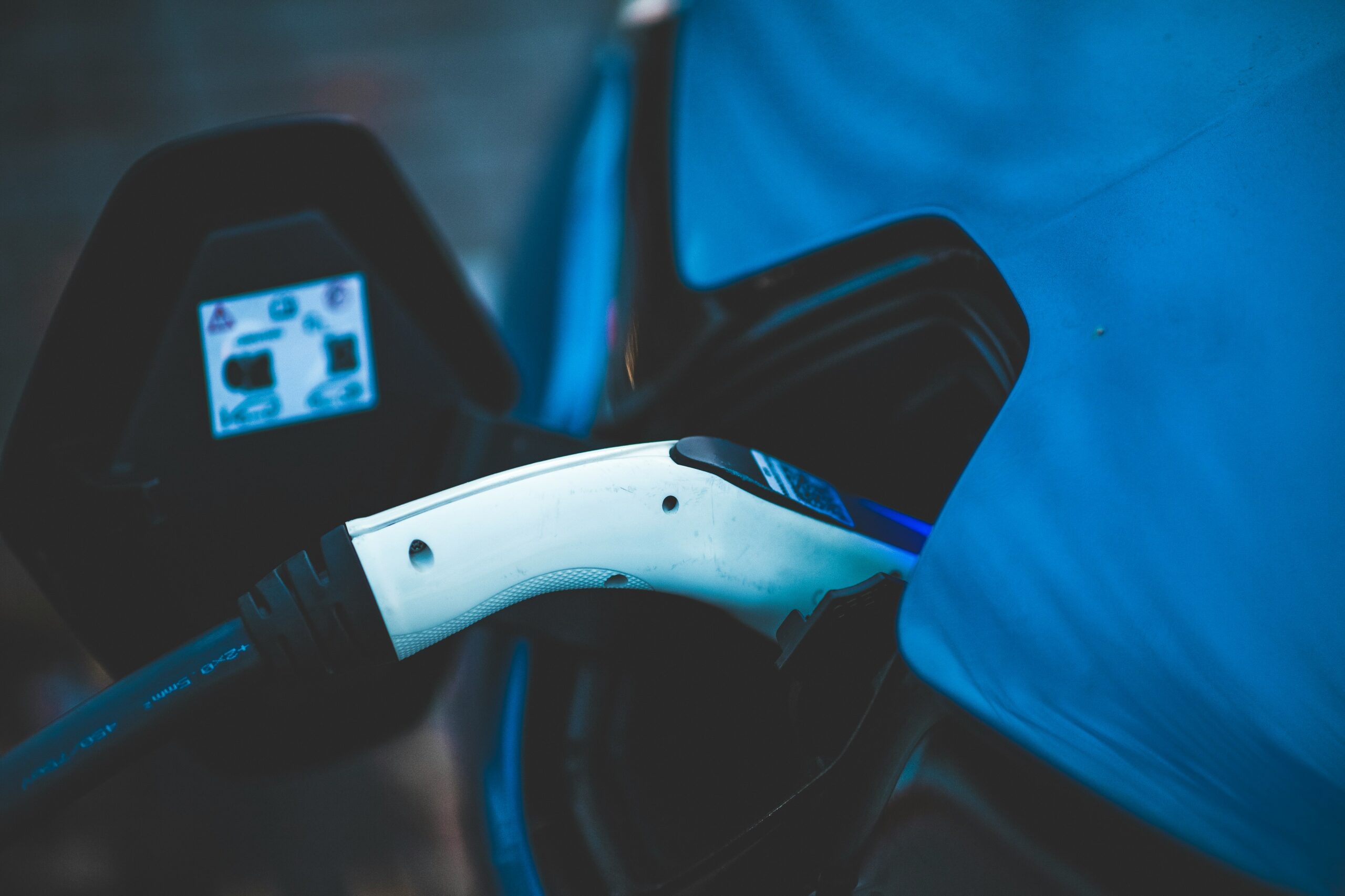Chilean lithium is set to qualify for U.S. tax incentives starting next year, according to recent updates. This decision could have significant implications for the global lithium market and the electric vehicle (EV) industry.
The U.S. Treasury Department has confirmed that lithium extracted from Chile, a major global supplier, will meet the criteria for tax breaks under the Inflation Reduction Act (IRA). This act provides substantial tax credits for EVs and their battery components, aimed at bolstering domestic production and reducing reliance on foreign sources.
The tax credits, which will be available starting in 2024, are designed to encourage the use of domestically sourced and processed minerals. The inclusion of Chilean lithium aligns with efforts to diversify supply chains and enhance the resilience of the EV supply chain.
Chile, known for its vast lithium reserves, is a key player in the global lithium market. The country’s lithium extraction processes and its significant production capacity make it a crucial supplier for the burgeoning EV industry.
The U.S. move to include Chilean lithium in the tax break program reflects growing recognition of the strategic importance of securing reliable sources of critical minerals. It also underscores the shifting dynamics in the global lithium market, where supply chain considerations and geopolitical factors are increasingly influencing trade and investment decisions.
This development could strengthen U.S.-Chile trade relations and provide a boost to Chilean lithium producers. By qualifying for U.S. tax credits, Chilean companies stand to gain a competitive edge in the lucrative EV battery market.
Overall, the integration of Chilean lithium into the U.S. tax incentive program marks a significant step in supporting the EV industry’s growth and achieving broader energy transition goals.





